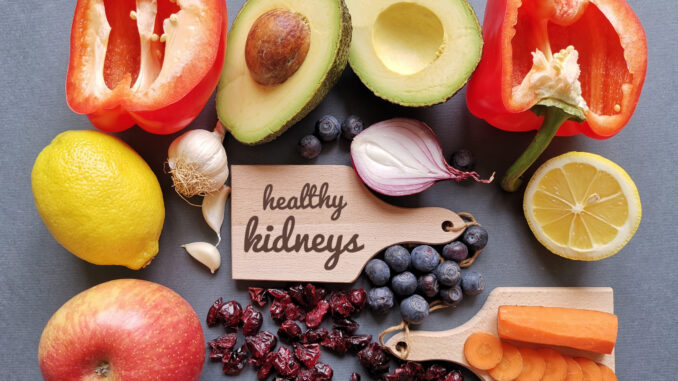
Kidney stones can be an incredibly painful and bothersome experience. If you or someone you know has ever experienced these small, hard deposits of mineral and acid salts that form inside the kidneys, you understand the discomfort and impact on daily life that they can cause. While genetics and medical conditions can play a role in the development of kidney stones, diet and lifestyle are significant factors that can either help prevent or exacerbate their formation.
The Kidney Stone-diet connection: the facts you need to know
Kidney stones can be a painful condition that affects millions of people around the world every year. While there are many factors that can contribute to developing kidney stones, many healthcare professionals have identified a strong connection between diet and their formation. One of the most commonly discussed topics surrounding this connection is whether or not vitamin C can cause kidney stones.
Despite what many people believe, studies have shown that there is little to no evidence to suggest that vitamin C leads to the formation of kidney stones. In fact, some research suggests that vitamin C may even have a protective effect against this condition. However, consuming large amounts of other substances, such as oxalates found in some leafy greens and nuts, can increase the risk of forming kidney stones.
Kidney stone prevention
Kidney stones can be a real pain, literally! They can cause discomfort, disrupt your daily routines, and even require medical intervention. Fortunately, there are steps you can take to prevent kidney stones from forming in the first place. One of the biggest factors in kidney stone formation is diet, so it’s crucial to keep your dietary habits in balance. Does Vitamin C cause kidney stones? This is a common question, and the answer is not as straightforward as you might think. While high intake of vitamin C supplements may increase the risk of kidney stone formation, consuming the recommended daily amount of vitamin C through fruits and vegetables is not associated with an increased risk of kidney stones. So, don’t ditch the fruits and veggies just yet! Instead, focus on maintaining a healthy and balanced diet that includes plenty of fluids, whole grains, and lean protein sources.
Diet plays a crucial role in kidney stone formation. However, with proper dietary changes and hydration, kidney stone formation can be prevented. It is important to take a preventive approach rather than waiting until the symptoms of kidney stones manifest themselves. Incorporating foods with adequate calcium, limiting sodium intake, and reducing oxalate-rich foods can reduce the risk of developing kidney stones. It’s always advisable to speak with a doctor or a registered dietitian when considering significant dietary changes to prevent complications.
